Music Theory, Composition, and Musical Investigations
-

Music and Healing: A Global Investigation
The first time I really heard about music truly healing people wasn’t until college. Before that, I had played music and felt it’s power, but never was it articulated as “healing” or even something that was “healthy.” While I was studying at the University of New Mexico, there was a presentation given by the anthropology…
-

Composer As Communicator & Explorer
“It should be noted here that proficiency in composition occasionally correlates with maladjustment to the culture and is often associated with religions activity.” Music in Primitive Culture by Bruno Nettl, 1956, pg. 11 When I read that quote, I felt it resonate with me. Not that I’m all that “maladjusted” but that often times composers…
-
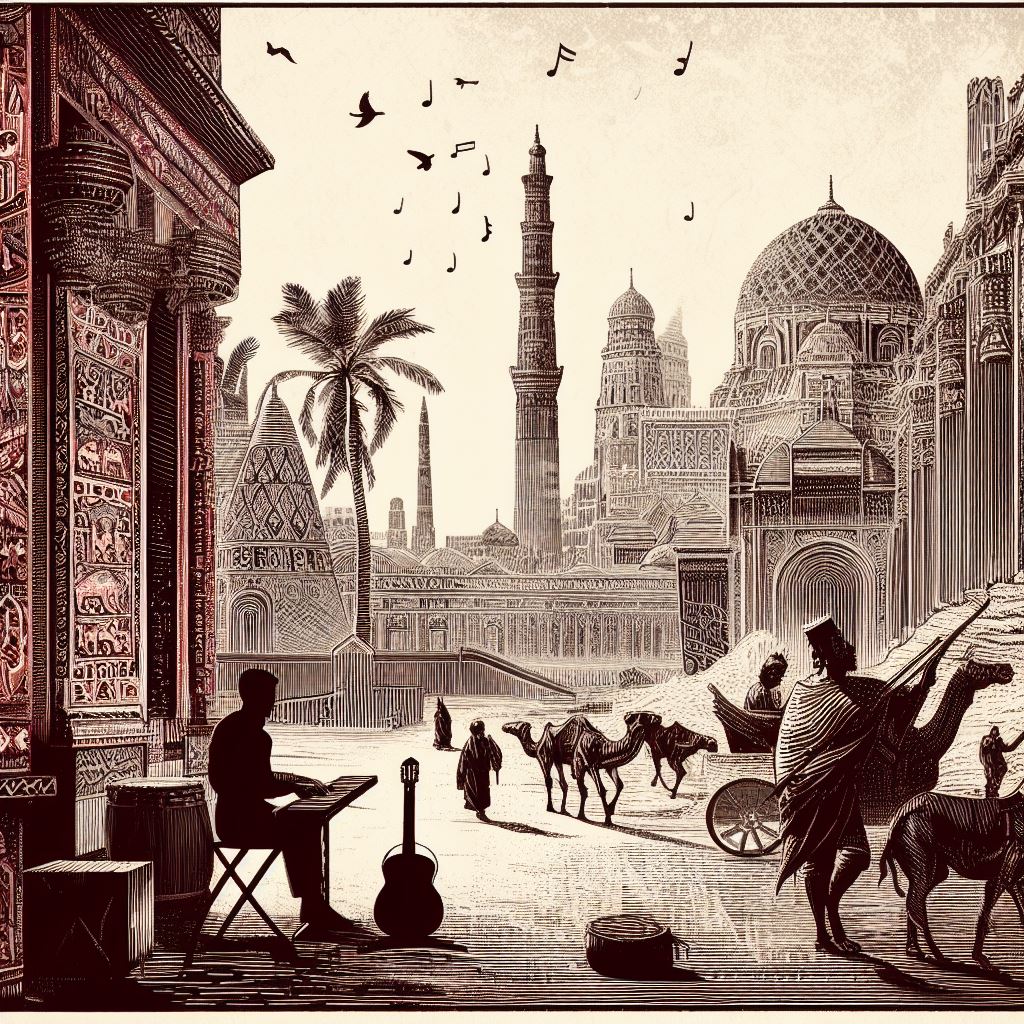
Investigating How Environments Shape What Music Was Created And Performed
As a composer, I often find myself captivated by the ways in which the environment shapes the music that is created and performed around the globe. From some of the more traditional societies of Africa and Asia to the modern metropolises of the West, the music of the world reflects the unique characteristics of the…
-
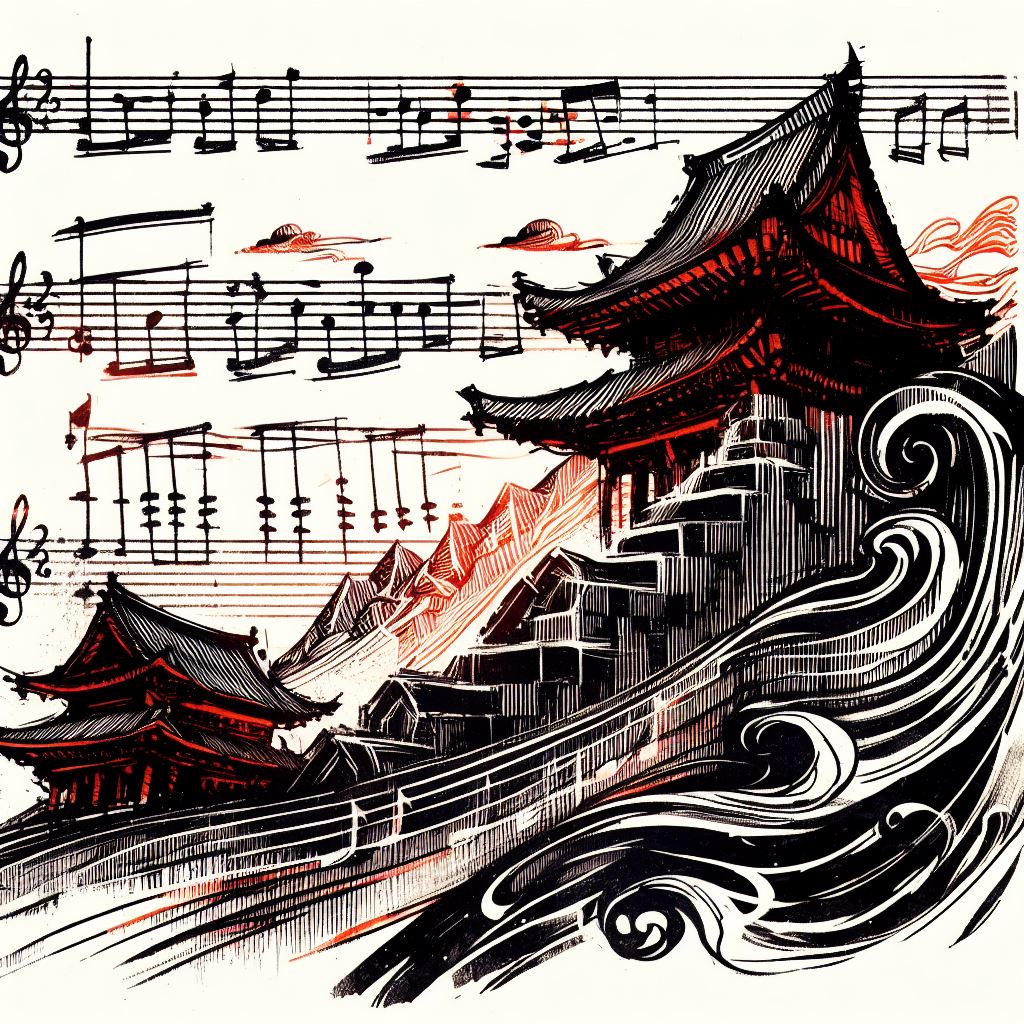
Exploring Music Notation: Staves, Textiles, & Organic!
As a composer, notation is a crucial aspect of my art. It allows me to convey my musical ideas to performers, enabling them to bring my compositions to life. While standard music notation is the predominant system in Western classical music, there are numerous other methods of notating music. These include non-standard notation systems and…
-

Exploring music improvisation from around the world
Improvisation is a vital element in many world music traditions and has played a significant role in the development of music across cultures for centuries. It’s a way for musicians to respond to the changing needs and moods of the audience and bring their own personal style and creativity to the music. In this article,…
-
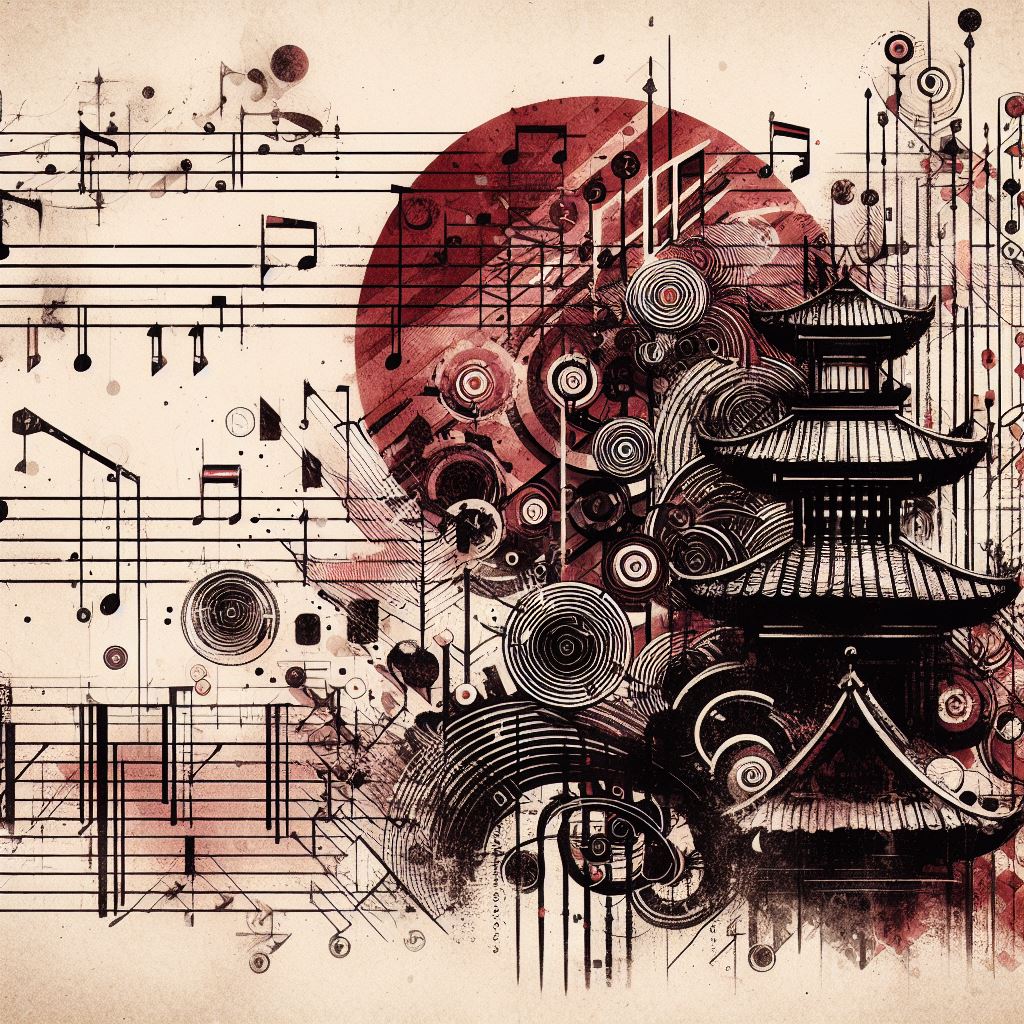
A comparison of different musical modes used in different parts of the world
This article looks at the musical modes and scales that have been used in various forms of music for centuries or millennia. Modes are an essential element of many musical traditions, and they play a significant role in shaping the character and emotion of a piece of music. I wanted to provide a brief introduction…
-
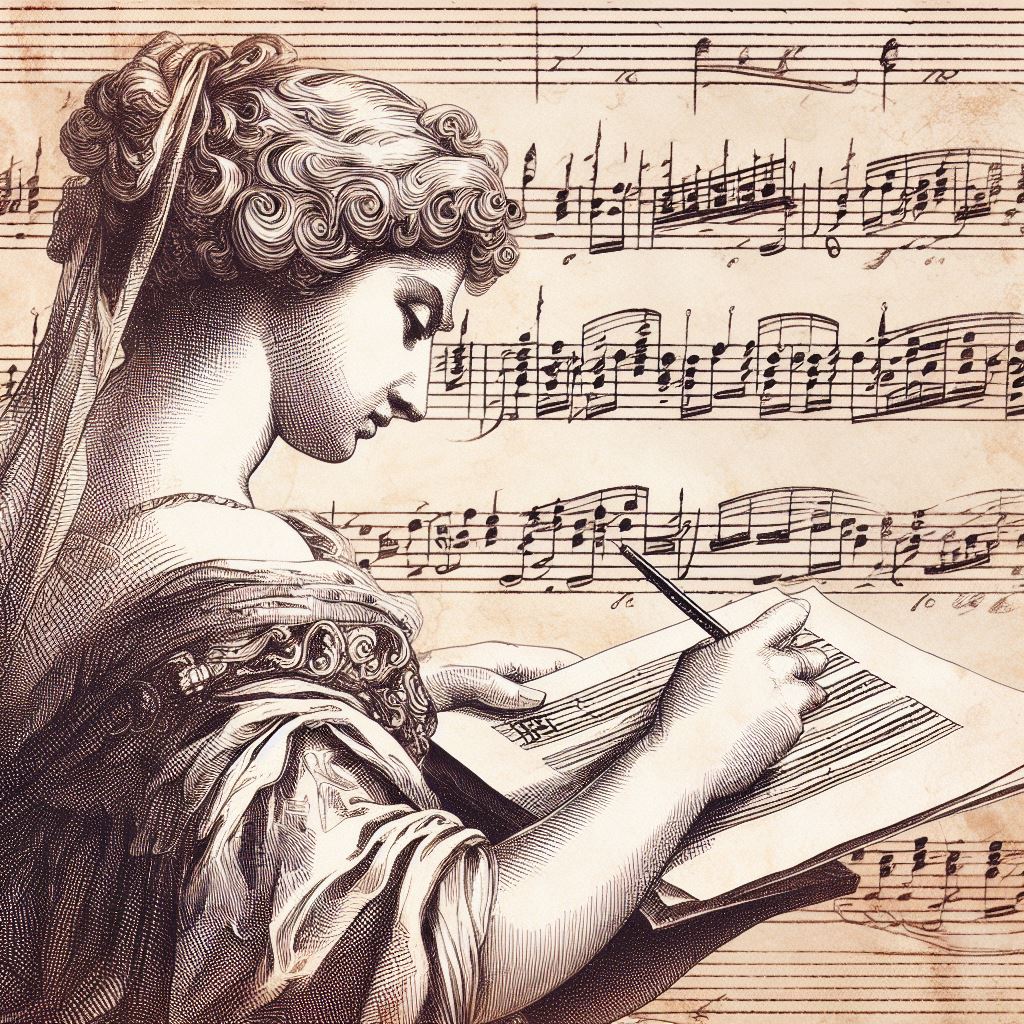
What is voice leading in music? a quick overview
I learned about voice leading from a very academic angle. It was introduced to me through counterpoint and then through four-part writing. I was never a singer, except for my first year of college where I had to be in the choir, and though voice leading pertains to all instruments, it’s very clear when singing.…
-
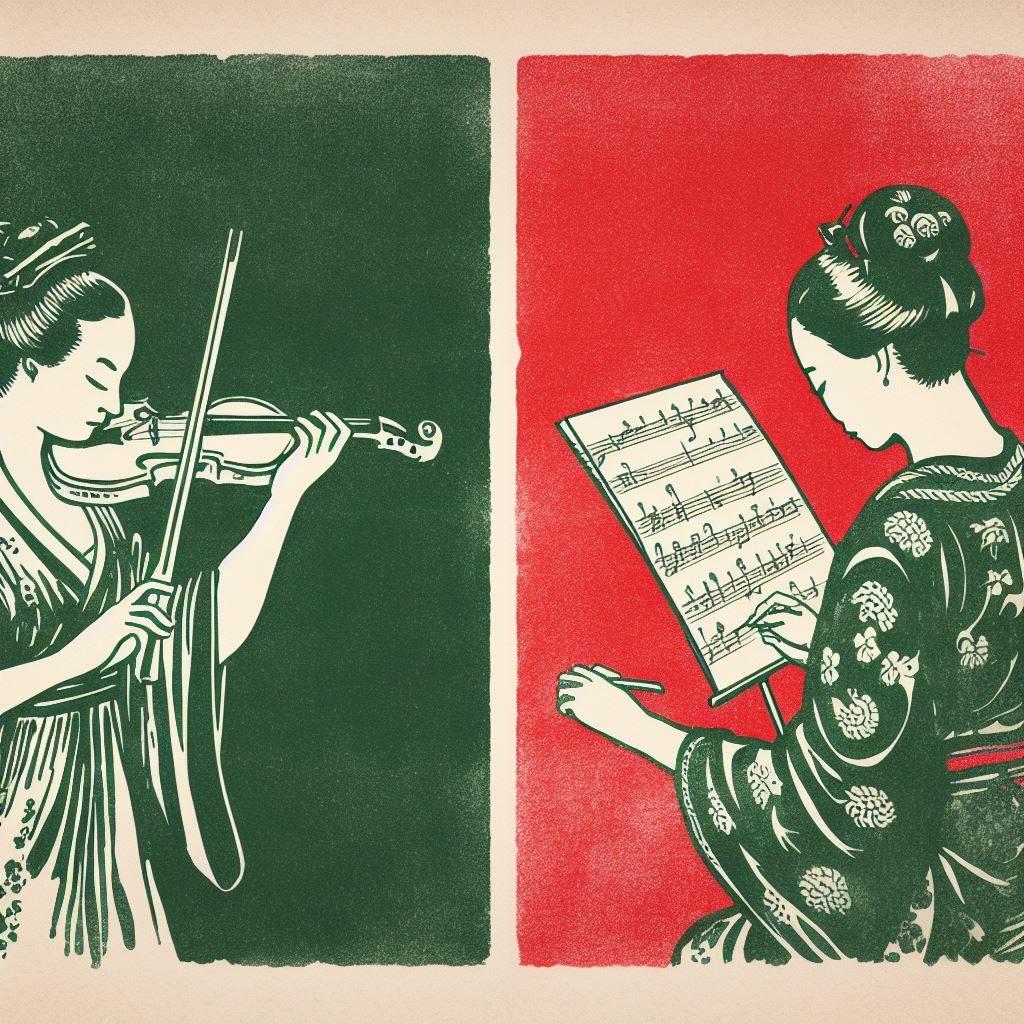
Should you study music theory? reasons for and against
I get asked and even ask myself sometimes, “should musicians learn music theory?” When I was completing my undergraduate work in Theory and Composition there was always this air of prestige and expectation from some of my pop-music friends. Some knew no theory and played wonderfully, but they would usually express a desire to learn…
-
Brief Overview Of African Rhythms
I’ll admit, my sense of rhythm is rather poor. I find myself clapping to offbeats more often than not! I feel like I never soaked in rhythmic patterns and pulses. When I played violin in my middle school orchestra, more than once the conductor came and tapped the pulse on my shoulder…still didn’t feel it!…
-
What’s the point of music analysis? Grandiose Idea
What’s the point of doing music analysis? What does it matter that I can connect a thematic idea across the movements of Beethoven’s 9th Symphony? Or discuss the formal organization used in music for Thai royalty? The theory started to feel so specialized that the analysis I did couldn’t see the forest from the trees. …
